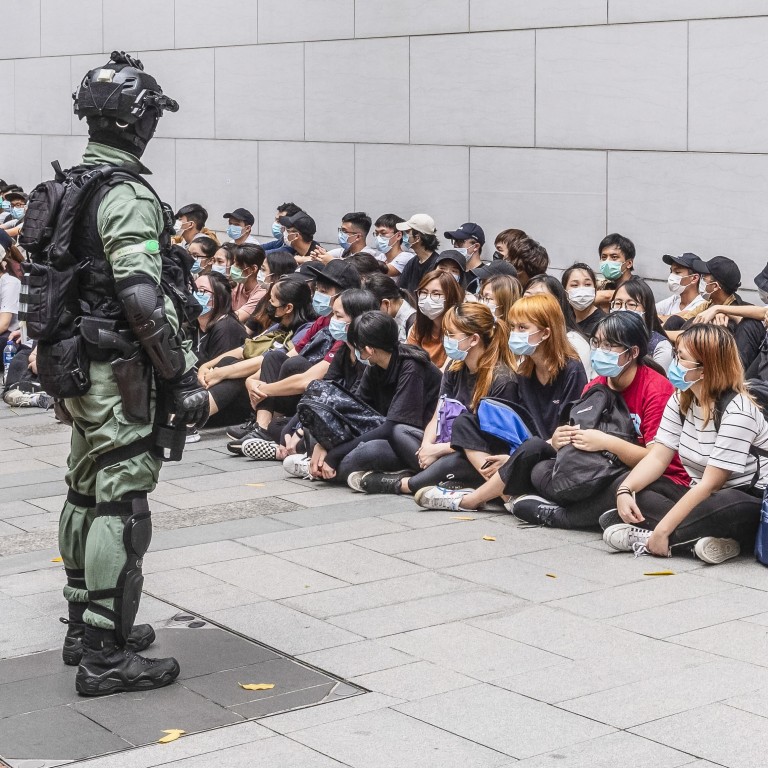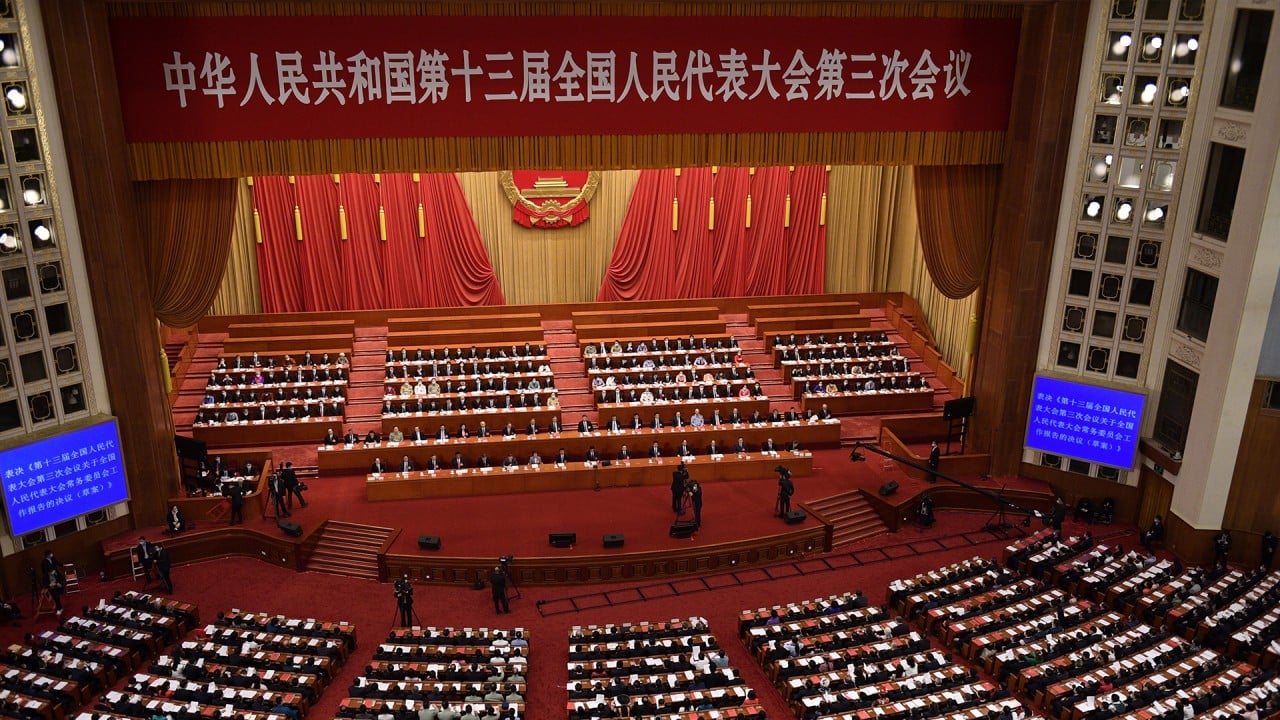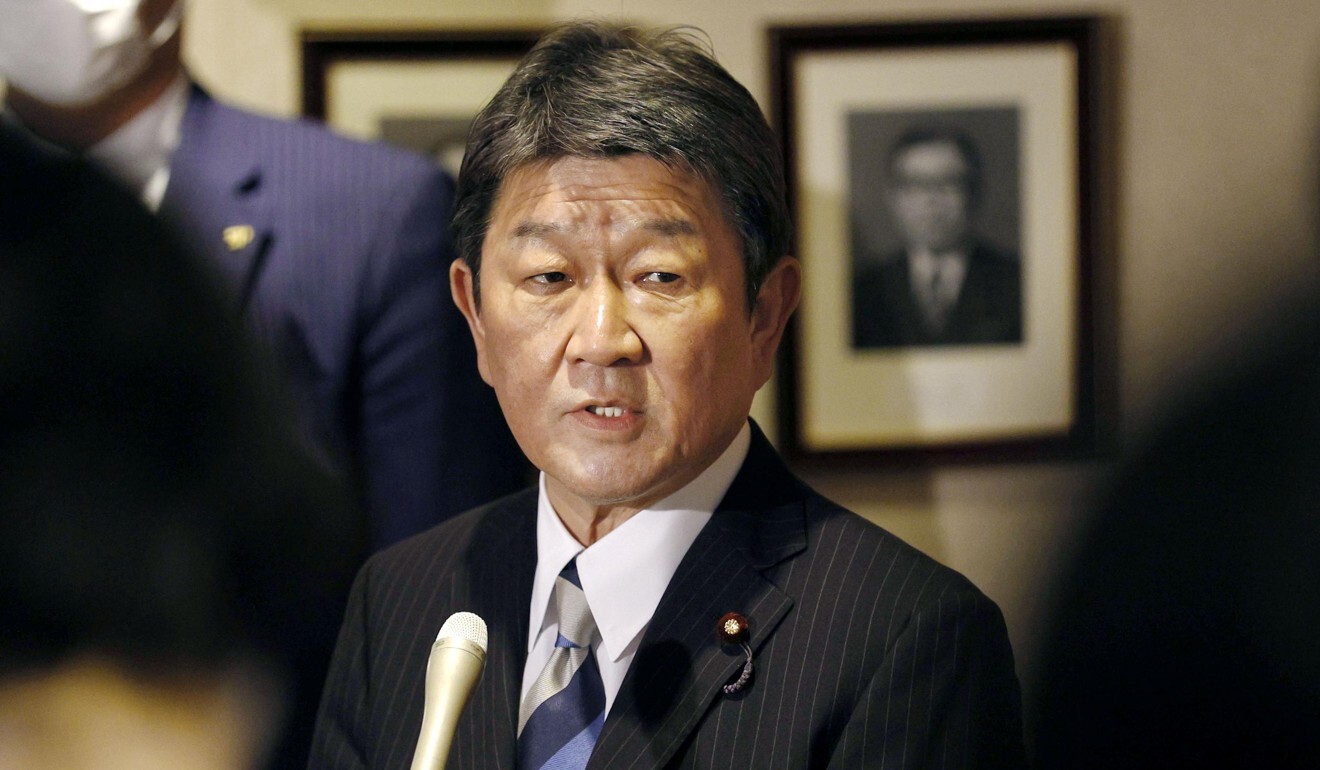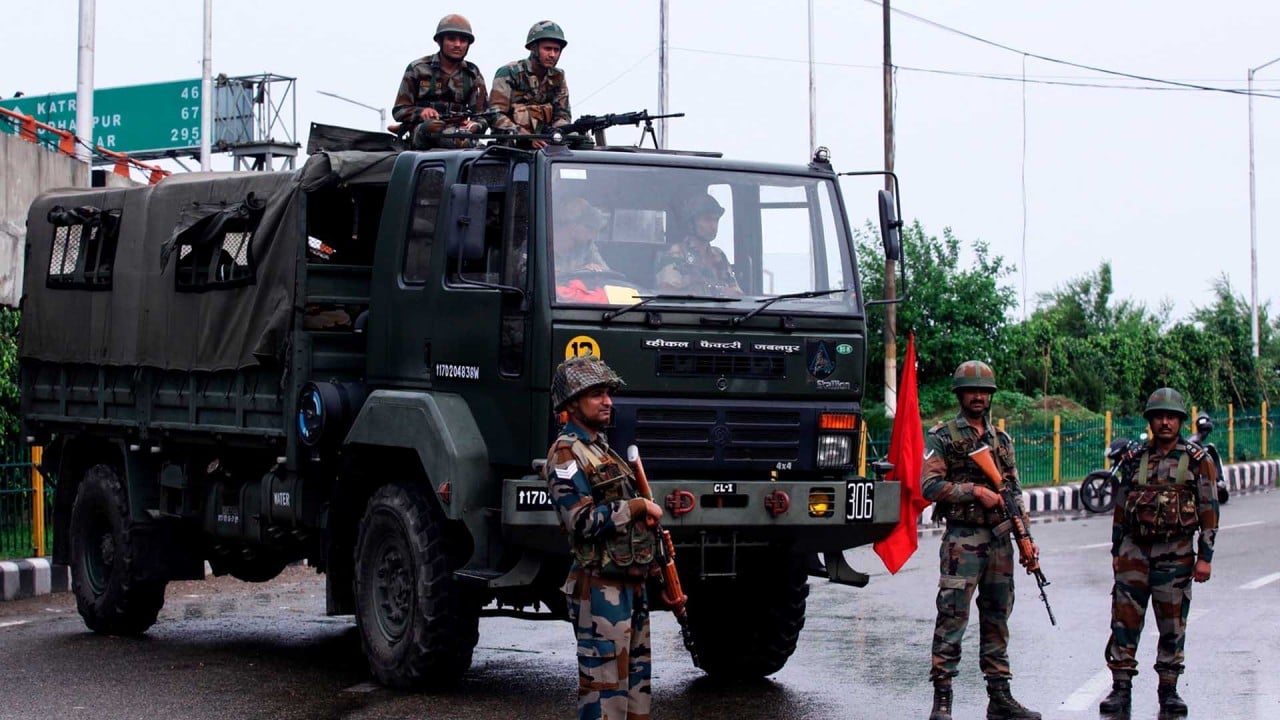
Asean and India unlikely to pressure Beijing over Hong Kong national security law: experts
- Most Southeast Asian governments see Beijing’s position on Hong Kong as part of its internal affairs, the analysts say
- While India has stayed silent, escalating tensions over its border disputes with China may push it to make a statement
US response over Hong Kong stands out as other nations sidestep hard line
Even if there were any genuine concerns, Loh said individual countries were likely to err on the side of caution and show support in the form of “generic statements of concern about the stability and safety of Hong Kong society”.
“They will be more concerned about Washington’s actions and the subsequent reactions from Beijing, rather than the national security law for Hong Kong,” he said.
I think India won’t go along with US sanctions because of the need to respect non-interferences

02:33
China’s top legislature approves national security bill for Hong Kong
But Drew Thompson, a former Pentagon official responsible for managing bilateral relations with China, Taiwan and Mongolia, said what was happening with Hong Kong did not “directly infringe or impact Asean member states”.
Neither was there a “popular outcry” from Asean populations that the governments would need to manage, he said.
National security law heightens Seoul’s painful choice: US or China?
Officially though, the South Korean government has been measured in its response, saying it was watching the situation closely, whereas Japan issued a statement saying it was “seriously concerned” about the Chinese parliament’s decision, and summoned China’s ambassador in Tokyo to convey its views on the matter.

Still, New Delhi’s reaction was worth watching, said Singh, a senior fellow at NTU’s S Rajaratnam School of International Studies.
Tensions between the two Asian giants have spiked in recent weeks with a series of skirmishes and military build-up by both sides at the Line of Actual Control that separates the two countries.
China and India move more troops to disputed border in Ladakh region
Singh said India would likely not comment on the Hong Kong situation unless the border issue took a turn for the worse.
“If America imposes sanctions on China, do Indians then follow America or not? I think they won’t go along with sanctions because of the need to respect non-interferences,” he said. “Also, India doesn’t want to make it seem like India follows everything America does.”
India has had to deal with its share of international criticism in the past few months when it revoked the special status of the states of Jammu and Kashmir that were conferred with autonomy under Article 370 of its Constitution, he added.

05:27
The Kashmir conflict
Amid fears that capital will take flight from Hong Kong, one of the world’s biggest financial hubs, Asian countries would also be thinking about whether they could stand to gain, analysts said, although they noted there were no reports of investors or expatriates fleeing the city.
Thompson said if there was indeed an outflow of wealth, Singapore, Shanghai and even Taipei could benefit.
“What we are going to see is an exodus of foreign direct investors, and an exodus of wealthy Hongkongers who are going to look for a new domicile,” he said.
Hang Seng down most in five years as Beijing moves to tighten grip on city
Outspoken former Singaporean diplomat Bilahari Kausikan said however that the international reaction to Beijing’s move was “irrelevant”.
Stressing that these were his personal views, Bilahari said: “There will be noise and wringing of hands, and maybe a few countries may go further and impose some sanctions. But that will be much more symbolic – to make the US or Europe feel good about themselves rather than do any good to Hong Kong. Nothing any foreign country can do will change Beijing’s mind in any way.”
Bilahari said Hong Kong’s economic importance to the mainland was dwindling and it was now “at best just another second- or third-tier Chinese city”.
“It’s very sad, but there is nothing to be done, too late to do anything or for regrets. More demonstrations will only make Beijing’s attitude even harder,” said Bilahari.
“Hong Kong should make the best of the situation by behaving in such a way that the new laws need not be used,” he said. “Then, and only then, Hong Kong can preserve something of its status as a financial centre.”



